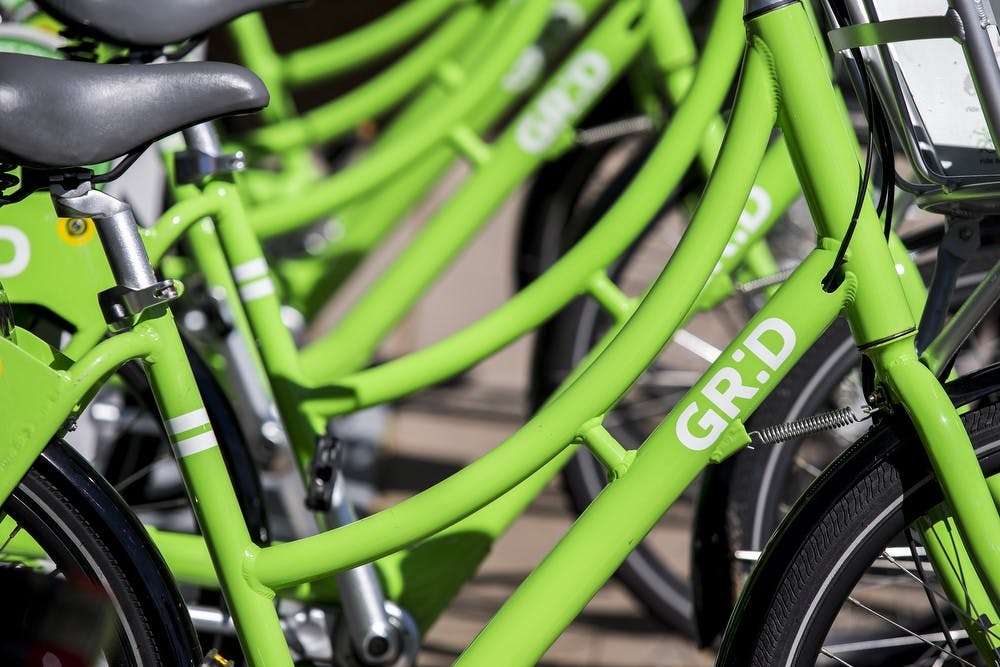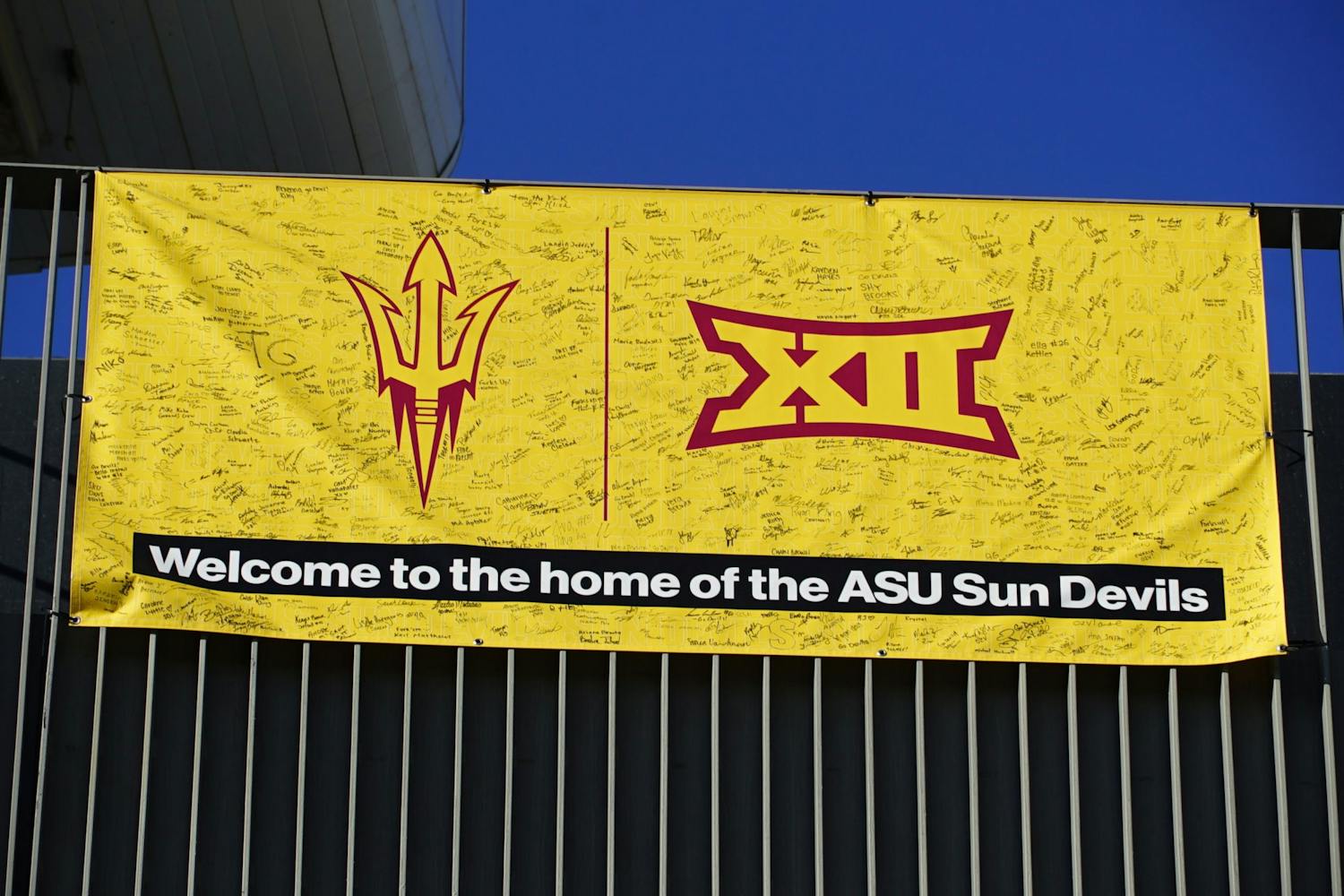Fans of manually powered public transport, rejoice — the Phoenix City Council voted 5 to 4 this month to broaden Phoenix’s burgeoning bike-share system, GR:D.
The program will expand to 500 bikes over 50 hubs around the city of Phoenix, supported by CycleHop, a national bike-share company with systems in cities like Tampa, Florida, Ottawa, Canada and Atlanta.
The expansion has encountered some resistance, as this support will come in the form of tax revenue totaling $125,615. The tax necessity is especially controversial given that utilization of the bike-share is sitting around 40 percent of the tax, according to the city of Phoenix.
“It’s an inaccurate reading,” John Romero, CycleHop COO, said. “It includes a big portion of the summer usage, and of course in Phoenix, when it’s triple digits out, nobody rides, so those numbers dragged down the average.”
Romero said that CycleHop made an exception for the city by footing the initial bill for the rollout of the GR:D system, and that the contract has always provided the city the ability to grow the system at its discretion, however, the agreement required Phoenix to pay for any expansion of the bike share program.
Romero said that improving the city’s shared transport infrastructure will help draw focus to its central cultural destinations to resemble some of the more urban, car-light cities of the East Coast.
The new investment matches sweeping efforts in the city to improve bike and public transportation systems, after a $1.5 million allocation for bicycle infrastructure in Phoenix in 2013. The expansion also comes after the passage of Proposition 104, which levies a sales tax increase with the hopes of massive light rail, bus and road improvements.
“The bike system will work in perfectly (with Proposition 104),” Phoenix 7th District city councilman and ASU alumnus Michael Nowakowski, said. He voted to expand the GR:D program.
Nowakowski said he feels the light rail will serve as a natural extension of GR:D while the bikes can cover the more compact distances the light rail misses, and that it will be especially useful for young people and those who work and live along the city's central corridor.
“Almost every major city in the U.S. and overseas has some kind of bike share system, and I think that makes them great cities — and I think Phoenix is a great city, so we need to have the GR:D bike system and a way to start getting away from using cars everyday,” he said.
Council members Thelda Williams, Jim Waring, Bill Gates and Sal Diccicio, who all represent mostly suburban districts in the city, voted against the expansion.
For some, however, GR:D presents an excellent opportunity to get around the city, even if it does mean an increased tax burden. Joan Silk, an anthropology professor and central Phoenix resident, was optimistic about the program's future.
“I think that things like this sometimes take a while to catch on, and that it could be good to continue to invest in the program, and see if people use it,” Silk said.
She said that the bikes provide a good way of getting to and around downtown Phoenix, and that in conjunction with the other public transportation options, add important flexibility.
“If seeing the bikes, getting to know the bikes and getting people more familiar with the program gets more people to use them, and the usage goes up, I think (the expansion of GR:D) will have been a very good investment by the city,” Silk said.
Reach the reporter at Arren.Kimbel-Sannit@asu.edu or follow @akimbelsannit on Twitter.
Like The State Press on Facebook and follow @statepress on Twitter.




